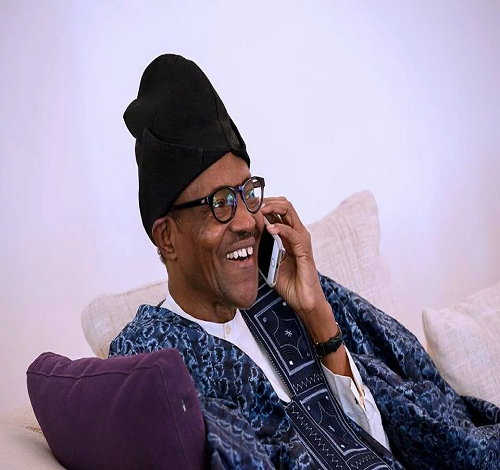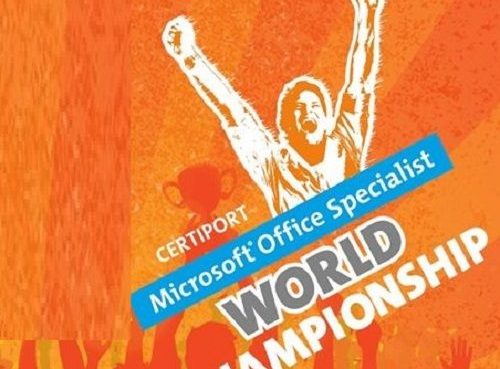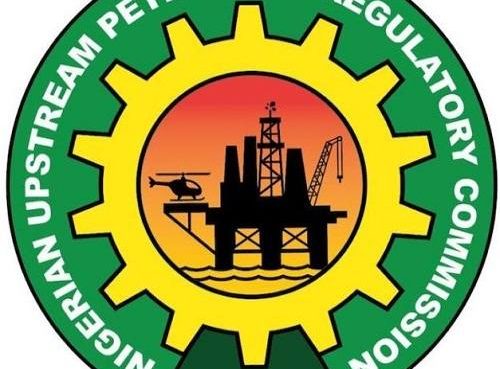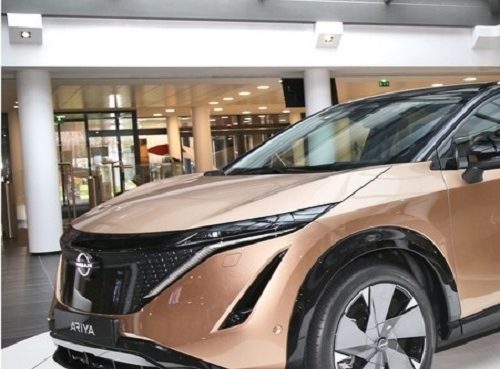Five Nigerian states have recently announced slashing, or completely waiving, Right of Way charges on fibre connections. This could drastically reduce the cost of calls and data for end users in these states.
Right of Way (RoW) charges are government levies imposed on telecom companies (telcos) and internet service providers (ISPs) to lay fibre-optic cables along state roads.

In 2013, Nigeria’s National Executive Council (NEC) made a resolution to bring RoW charges to a uniform price of ₦145 per metre ($0.9 in 2013, and $0.37 with today’s exchange rate). But state governments have not been uniform in their implementation.
In January 2020, despite pleas from telcos, ISPs, and Nigeria’s communications minister for the states to comply with the 2013 resolution, about 14 of them — Lagos, Kano, Anambra, Ondo, Cross River, Kogi, Osun, Kaduna, Enugu, Adamawa, Ebonyi, Imo, Gombe, and Kebbi — hiked the charges up to between ₦3,000 ($8.27) and ₦6,000 ($16.54).
Last week, however, Ekiti set the ball of uniformity rolling when it announced a reduction in RoW charges with a 96% slash from ₦4,500 to ₦145. Since then, three states — Katsina, Imo, and Plateau — have followed suit. Kaduna, on the other hand, completely waived charges altogether.
You may recall that in 2018, Ogun state waived RoW on 250km of broadband cable solely for MainOne, one of Nigeria’s major ISPs.
The implication according to Nigerian telcos and ISPs
The move has been met with great excitement by various telcos and ISPs in Nigeria. Techpoint spoke with some of their representatives, who indicated that this will have far-reaching effects for the states and the country at large.
Gbolahan Awonuga, Secretary of the Association of Licensed Telecommunications Operators of Nigeria (ALTON) maintains that these governors are now realising the long-term benefits instead of the “kobo kobo” change they will get in the short term.
“About 70% of the cost of deploying infrastructure in various states is spent on RoW charges. What is used to deploy a single infrastructure in Nigeria, can be used to develop two or more in Ghana,” Awonuga claims.
According to Awonuga, the high cost of deploying fibre compelled the use of microwave technology, which is less effective.
“Microwave technology is relatively expensive and could become unstable with the weather, much like your cable TVs. Fibre, on the other hand, brings seamless, point-to-point network connections that are cheaper for network operators and will make calls and data tariffs cheaper for their users.”
In a statement, the Association of Telecommunications Companies of Nigeria (ATCON), an umbrella body featuring the likes of MainOne, IHS, Airtel, MTN, Spectranet, etc, shared similar sentiments on the positive socio-economic effects of the reduction in RoW charges.
According to ATCON, the new directives will, through a multiplier effect, attract several developments to their respective public and private sectors. A scenario that will increase employment and reduce rural-urban migration.
“The new prices will ease the process of deploying broadband infrastructure and the people of these states can now leverage on uninterrupted telecommunications services which they have not been enjoying before now,” says ATCON.
For Awonuga, the bigger picture is that when more states harmonise RoW charges, the targets for the National Broadband Plan, such as 70% broadband penetration by 2025, can be realistically achieved.
In the meantime, Ajibola Olude, Executive Secretary for ATCON states that with the new RoW charges, telcos might start implementing pricing for their call and data tariffs on a state-by-state basis.
For instance, at ₦5,000 ($12.82), 18 km of fibre (the length of Lagos’ coastline) will cost ₦90 million ($232,000) in RoW charges, but at ₦145, it will only cost ₦2.6 million ($6,667) for 18km. Leaving savings to lay cable 34 times more over the former.
“As a result of these disparities, telcos and ISPs will likely beat down costs of calls and data in states where they spend ₦145 per metre, compared to states that charge ₦5,000,” Olude says.
However, according to Awonuga, though tariffs might become cheaper than they currently are, the activities of vandals might render any new installation of telecom infrastructure useless. This can only be mitigated if vandalism is criminalised.
Among the key metrics to help achieve Nigeria’s National Broadband Plan is the harmonisation of RoW charges and the declaration of telecom infrastructure as critical national infrastructure.
The directives of the past week have set the ball rolling, and a few more will benefit telcos, ISPs and Nigerian citizens at large.
Source: Techpoint











